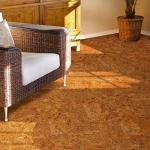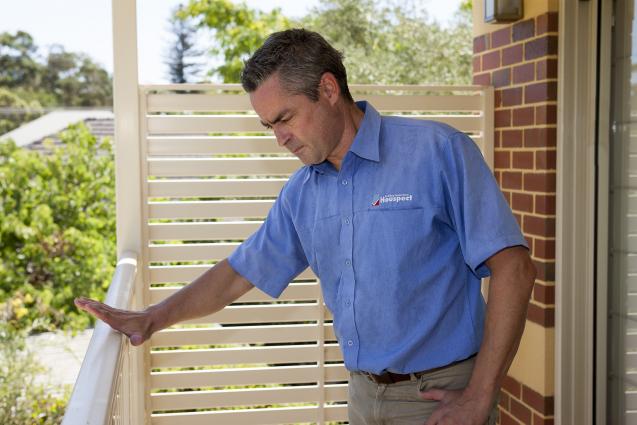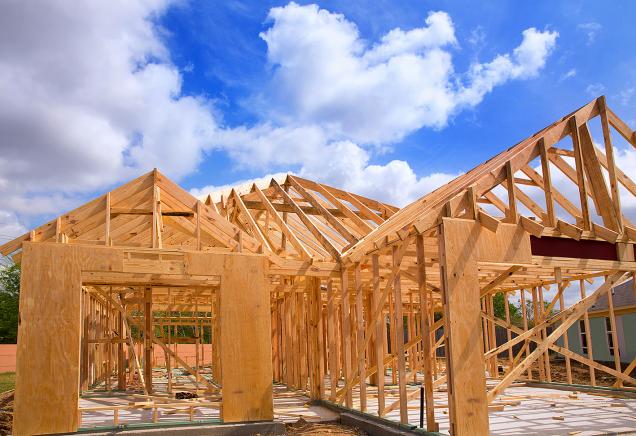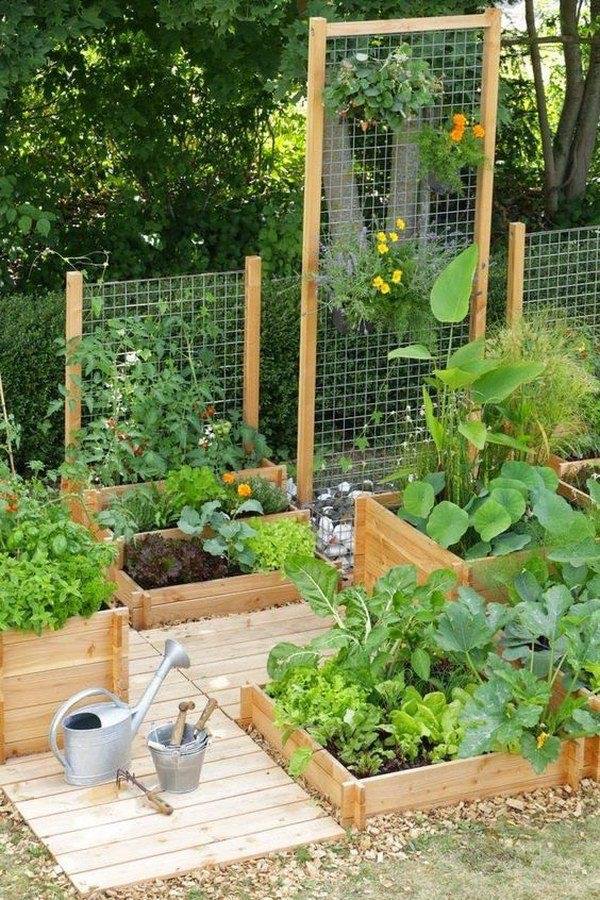
Cork Flooring - 4 Reasons to Love It!
By HOUSPECT Building and Pest Inspections|May 28, 2019
It is no surprise that cork flooring is emerging as a popular choice in Australia. Better manufacturing techniques and technologies have lead to greater applications in flooring. Cork as a flooring material has long suffered from being limited in style and design. Now Australian homeowners can benefit from a large range of styles and designs, as well as all the other benefits that cork has to offer.
While cost is always a consideration when it comes to flooring, there are much more important considerations when it comes to this natural material. To give you an idea of what to expect, the average cost of cork flooring is between $5 and $14 per square foot at either end of the scale.
Environmentally Friendly
Are you aiming for a natural look in your home with additional style points? You will want to definitely consider cork as an option. It’s not hardwood and there is a good reason for that. Cork is actually harvested from the bark of the Quercus suber tree, which is more commonly referred to as the cork oak.
What you are getting is an alternative to hardwood that is better for the environment. However, cork also has different design properties. That means new ways for you to express your love of natural woods without harming trees. The bark that is used to create cork is only harvested from the middle of May or beginning of June until around mid August.
Versatile Flooring
As flooring goes, cork is one of the most versatile options you can buy. One of the problems that a lot of Australian homeowners face is the cost and logistics of replacing existing flooring. There are a number of qualities that make cork a superior product in this regard. You can use cork flooring to cover any surface, including older flooring such as ceramic tile.
First of all, cork flooring does not suffer from shrinking and expansion in the same way as other flooring materials. You can use cork in any flooring application. Although it is important to check manufacturers’ guidelines as different products are suited to different uses.
Insulation Qualities
For flooring that is insulating, you will not go wrong with cork. Australian homes deal with serious issues when it comes to thermal properties. If your home is relatively new or you have recently had renovations carried out, you are likely familiar with the term “passive design,” which is a term used when discussing sustainable or greener homes.
Cork flooring is an excellent passive design element as it keeps your home cool in the summer and warm in the winter. However, it is also an incredible material when it comes to sound insulation. For all the climate variations experienced in Australia, cork flooring is an excellent choice. If you have a growing family, that sound insulation will also prove hugely beneficial.
Durable & Hardwearing
Cork comes from trees that live for around 200 years, so it’s not difficult to understand why it is considered durable. As traditional choice in grand buildings such as courthouses, cork flooring is no stranger to being put through its paces. Besides which, you also have the option of repairing a cork floor if the worst was to happen.
Typically lasting up to 25 years, cork flooring is especially resistant against moisture damage. Speaking of which, this is one material that doesn’t crumble when faced with mould and mildew. As a near impermeability substance, cork basically doesn’t create the conditions needed for mould and mildew to grow. Unfortunately, that doesn’t mean you won’t have to clean up spills.
While cost is always a consideration when it comes to flooring, there are much more important considerations when it comes to this natural material. To give you an idea of what to expect, the average cost of cork flooring is between $5 and $14 per square foot at either end of the scale.
Environmentally Friendly
Are you aiming for a natural look in your home with additional style points? You will want to definitely consider cork as an option. It’s not hardwood and there is a good reason for that. Cork is actually harvested from the bark of the Quercus suber tree, which is more commonly referred to as the cork oak.
What you are getting is an alternative to hardwood that is better for the environment. However, cork also has different design properties. That means new ways for you to express your love of natural woods without harming trees. The bark that is used to create cork is only harvested from the middle of May or beginning of June until around mid August.
Versatile Flooring
As flooring goes, cork is one of the most versatile options you can buy. One of the problems that a lot of Australian homeowners face is the cost and logistics of replacing existing flooring. There are a number of qualities that make cork a superior product in this regard. You can use cork flooring to cover any surface, including older flooring such as ceramic tile.
First of all, cork flooring does not suffer from shrinking and expansion in the same way as other flooring materials. You can use cork in any flooring application. Although it is important to check manufacturers’ guidelines as different products are suited to different uses.
Insulation Qualities
For flooring that is insulating, you will not go wrong with cork. Australian homes deal with serious issues when it comes to thermal properties. If your home is relatively new or you have recently had renovations carried out, you are likely familiar with the term “passive design,” which is a term used when discussing sustainable or greener homes.
Cork flooring is an excellent passive design element as it keeps your home cool in the summer and warm in the winter. However, it is also an incredible material when it comes to sound insulation. For all the climate variations experienced in Australia, cork flooring is an excellent choice. If you have a growing family, that sound insulation will also prove hugely beneficial.
Durable & Hardwearing
Cork comes from trees that live for around 200 years, so it’s not difficult to understand why it is considered durable. As traditional choice in grand buildings such as courthouses, cork flooring is no stranger to being put through its paces. Besides which, you also have the option of repairing a cork floor if the worst was to happen.
Typically lasting up to 25 years, cork flooring is especially resistant against moisture damage. Speaking of which, this is one material that doesn’t crumble when faced with mould and mildew. As a near impermeability substance, cork basically doesn’t create the conditions needed for mould and mildew to grow. Unfortunately, that doesn’t mean you won’t have to clean up spills.



